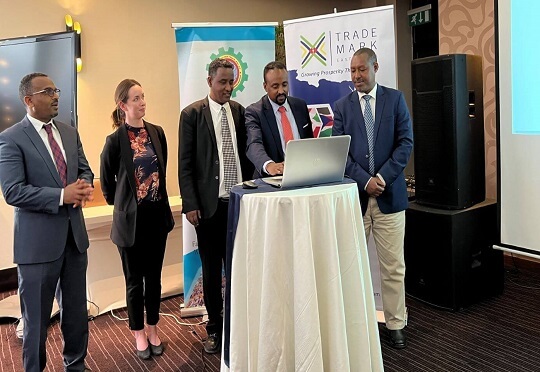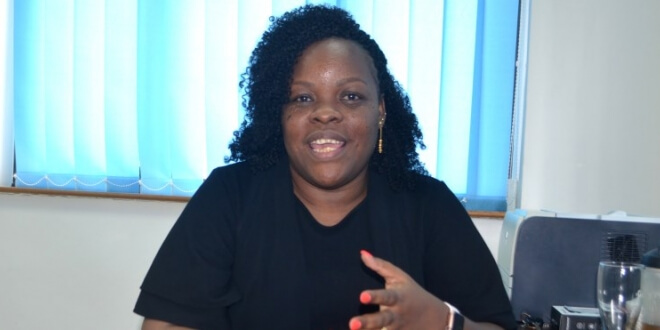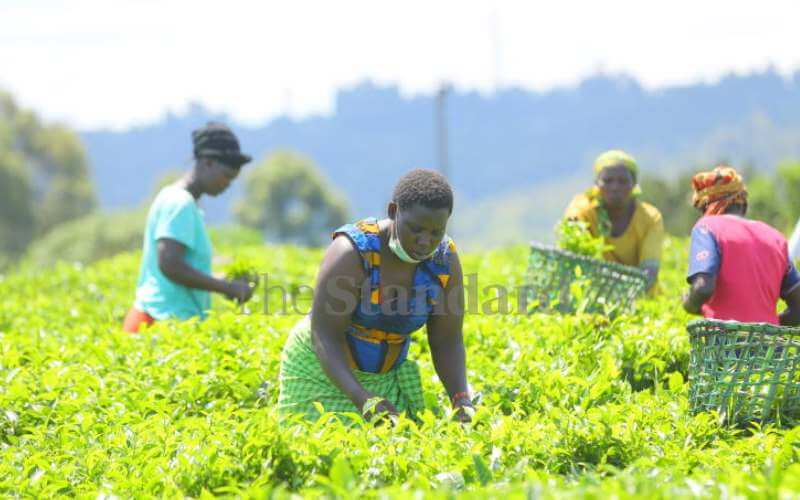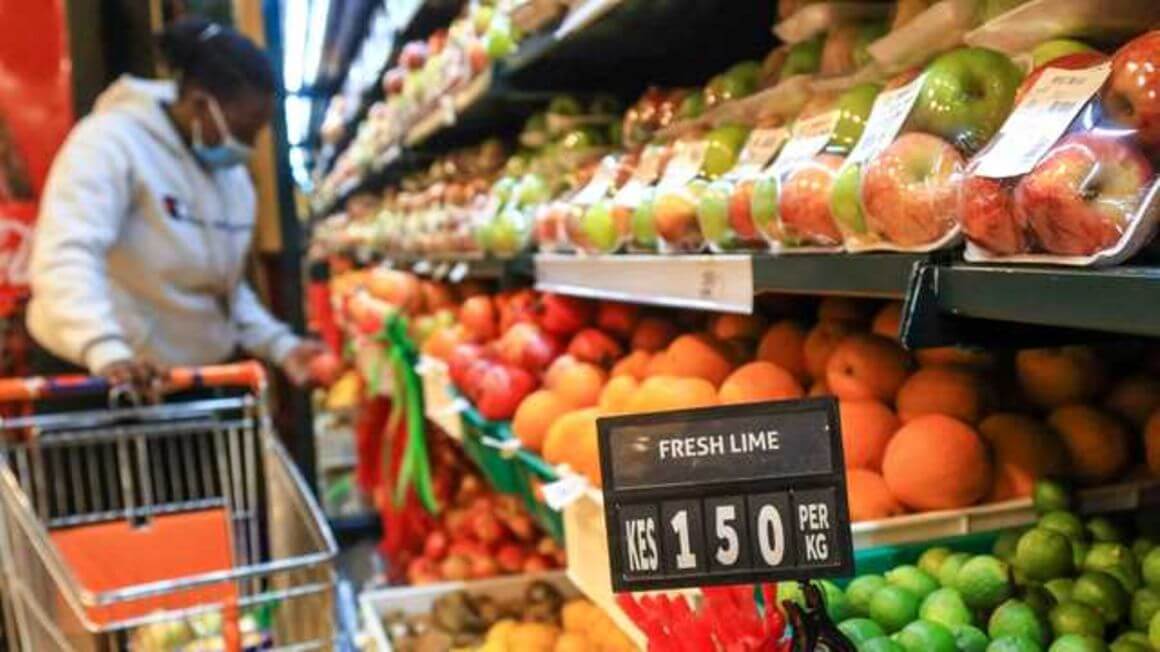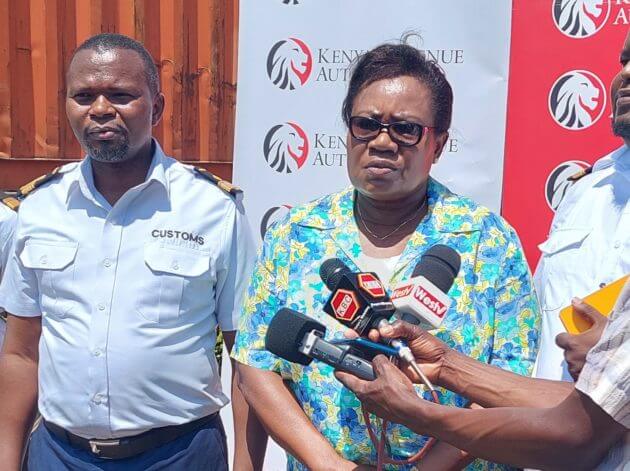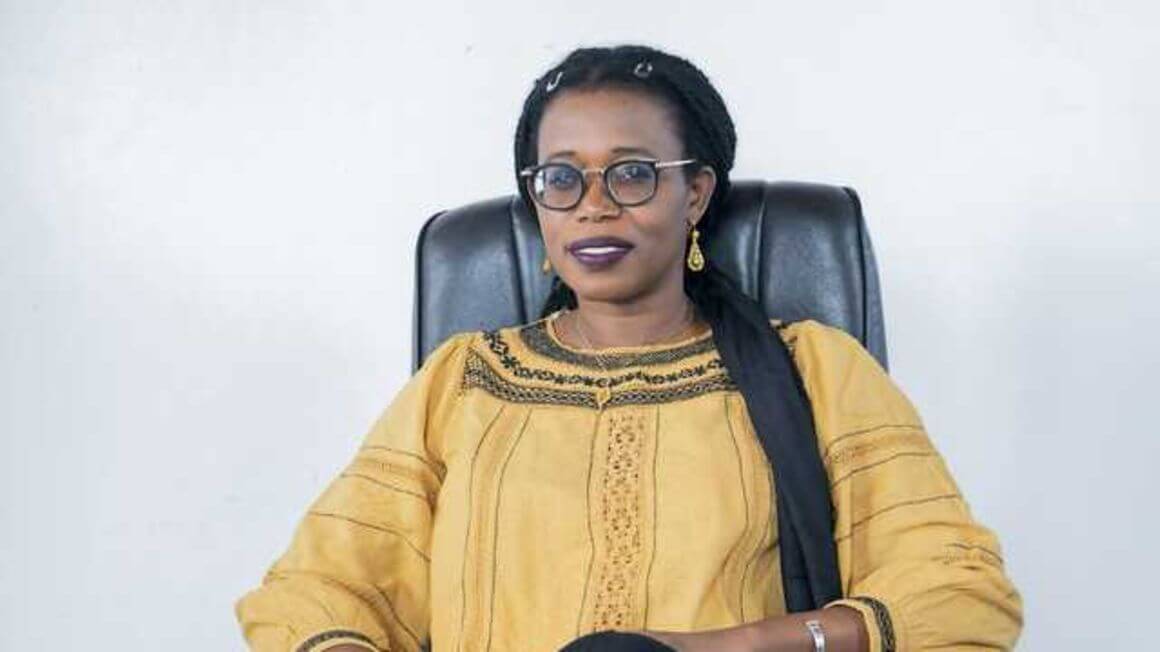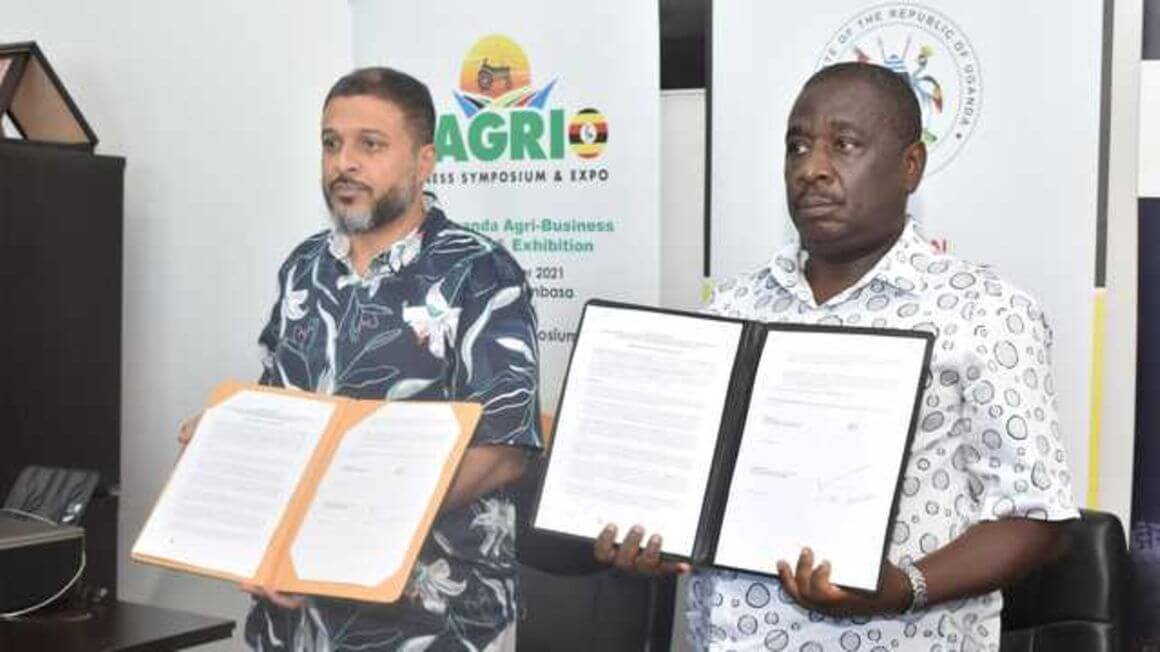Ethiopian Chamber of Commerce and Sectoral Associations (ECCSA), launched the Ethiopian Chamber Digital Service (ECDS), a digital system that enables the chamber to provide its services online to its members, the business community and the public at large. Irish Aid Ethiopia through TradeMark Africa (TMA) funded the development of ECDS; with the support channelled to supply the ICT infrastructure and software development. ECDS will move ECCSA services from manual and physical visit to digitized services in which traders get trade facilitation services at their convenient time and place, specially enabling ECCSA and its members to register their members online. Moreover, it paves a way for companies to get registered and renew membership online and pay fees electronically. Ultimately, the electronic system contributes to the ease of doing business in Ethiopia by enabling traders to easily fulfil requirements and reduce transaction costs of trade. In addition to trade facilitation and membership management, ECDS has automated trade and investment promotion service, chamber academy, identifying Non-Tariff Barriers (NTBs), legal counselling and arbitration services, putting in one place key trade information for ease of access and dissemination. It becomes a single source for chamber services with lesser cost and time. ECDS is integrated to the Ethiopia Electronic Single Window System (EeSWS), and telebirr to further enhance the issuance of the Certificate of Origin and other trade facilitation. Presiding over the launch, his excellency Ato G/Meskel Chala, Minister of Trade and Regional Integration said ‘’ECCSA is highly appreciated to prepare and implement this new Project...
Ethiopian Chamber Digital Service launched targeting the business community
Posted on: April 19, 2022
Posted on: April 19, 2022

